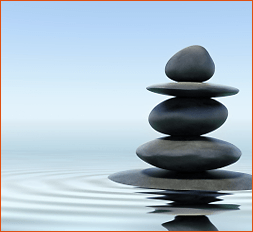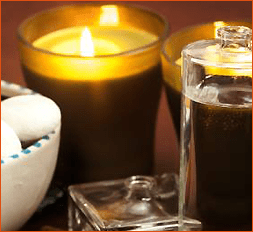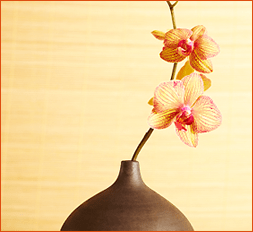Insomnia
Problems with sleep plague at least a 1/3 of the population at some level.
This adds up to millions of Americans who are not getting proper rest. There are many reasons for sleep disorders, although a major contributor is what I call “Hurry Disease.” Our lives are at an almost constant whirlwind pace, which means our minds and bodies don’t have space to relax and regroup. From a Chinese medical perspective most of us have become very Yin deficient.
Yin and Yang are relative terms that signify opposites. Yang generally stands for activity, accomplishment and function. Yin relates to stillness, tranquility and contemplation. For the most part we are very comfortable “doing” but not with “being.”
All day long we are getting things “done.” Often, there is no end to the ‘to do’ list. It isn’t a surprise that when bedtime arrives we have a difficult time shutting our minds down. The “Sympathetic” nervous system commonly called “Fight or Flight” is a mode many of us spend much of our day in. Unfortunately when night-time comes it is not easy to shift into the “Rest and Relax” state of the parasympathetic nervous system which engenders sleep.
Yin and Yang must be in balance for good sleep.
Yang is the working, stressing and activity which when done too excess will eat away at the Yin. Without the still space of Yin within us, we won’t be able to quiet down and relax.
Some other contributors to sleep problems are: prolonged emotional turmoil, anxiety, anger or worry and irregular eating habits and hormone cycles. All of these things slow down or stop the flow of “Qi” in the body. Stagnant Qi creates tension and heat which is very Yang. This heat makes it difficult to cool down and relax into Yin for sleep.
You may be aware of the effects of coffee on sleep, but do you realize that some people must completely stop caffeine even in the mornings? Coffee is very heating and stimulating. If you must have a warm drink, try green tea as it is cooling and calming to the nervous system plus you get the added benefit of abundant antioxidants.
I must also mention that yoga and meditation can be very powerful to re-establish healthy sleep patterns.
Meditate for 10-15 minutes before going to sleep. You can begin with a simple practice of following gentle deeper breaths in and out. The best kind of yoga to do in the evenings is restorative yoga.
Do this about an hour or so before bed. Some of the best poses are: child pose, shoulder stand, plow pose, corpse pose and standing forward bend. As you can see there is much that you can do to improve your frustrating sleep challenges.
Acupuncture and Chinese Medicine can also do wonders.
Acupuncture is wonderful to help build up Yin within ourselves. Most people report feeling a sense of deep relaxation from acupuncture as if they are getting a soothing massage at the inner organ level. Many people say they get their best sleep the night after a treatment although it isn’t limited to only one night.
Chinese herbs can also be very helpful to correct imbalances and clear the heat that builds up inside in many cases of insomnia.
In addition in my practice I use a tool with my patients called ‘Meridian Tapping’. It has been a wonderful adjunct to acupuncture and creates even deeper relaxation more quickly thereby retraining the body/mind to move into “Rest and Relaxation” with much more ease. I teach patients the skill of ‘Meridian Tapping’ so they can use it every day if they want to speed their results for better sleep and overall health.
Consider trying acupuncture and Chinese medicine for your insomnia – I bet you will be glad you did!









